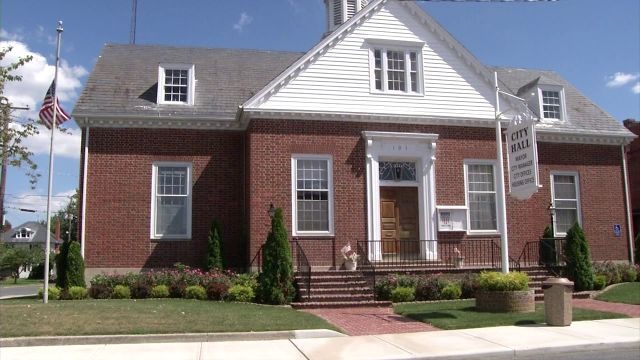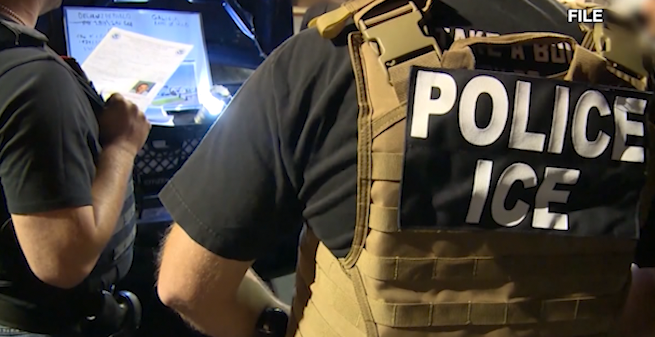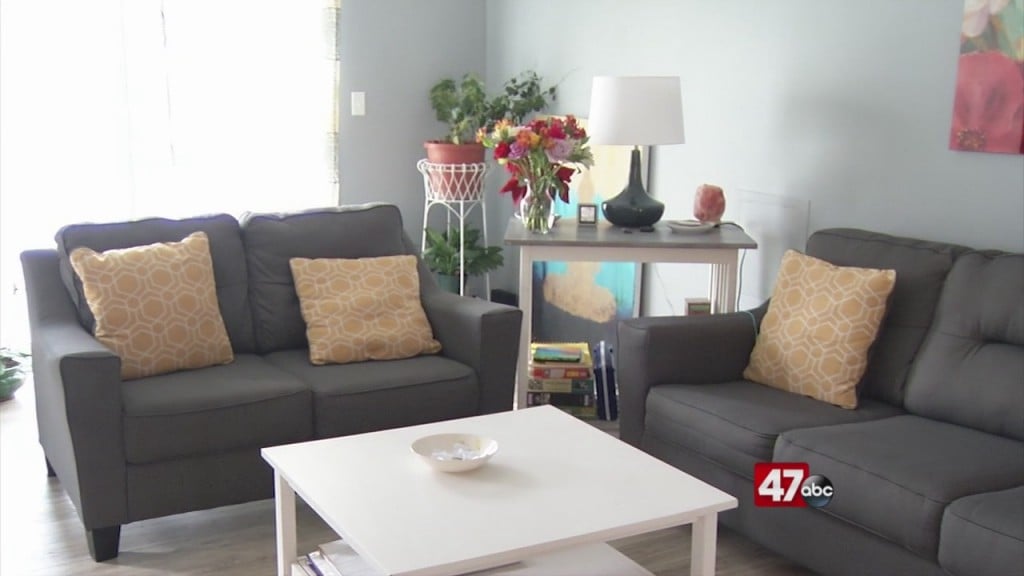Local Palestinian Americans, allies face uncertainty amid Israel-Hamas war
WORCESTER COUNTY, Md. – For Palestinian American, and cousins, Jenna and Zina, a day doesn’t pass by when they’re not thinking about their family, and their roots.
“Eating, breathing, sleeping Palestine”
“I was raised there, and I was able to take a lot from the culture, the religion. I was able to be exposed to a lot of different things,” Jenna remembered.
While the pair live on the Eastern Shore of Maryland, Jenna says the violence currently erupting in Gaza, and the fear that she says many Palestinians share, are tainting memories of home.
“It really does take a toll on you every day,” Jenna explained. “At this point, I think we’re all eating, breathing, sleeping Palestine, and Gaza, specifically.”
For Zina, it’s also painful to think about; she has fond memories of visiting family there. Not only is it painful, Zina says, it’s casting a shadow on her every day life here in the United States.
“After this all happened, honestly, I was scared to even walk out with my Palestinian necklace. I used to hide it, even when I went to the gym. But then, I just sat back and looked at it and said, if people are going to judge, then judge me,” Zina said. “It’s 20,000 people dead. How many more people have to die?”
“I would be lying to you if I said that I feel 100% safe the second I walk out of the door,” Jenna added.
Shared Concerns
Adding to that constant worry, the two women say speaking could come with consequences. In their interview with 47 ABC WMDT, they requested to keep their full identities anonymous.
“I think the main reason that I can say I hid my identity is because I really didn’t want this to be held against me in any way, shape, or form,” Jenna explained. “In simple words, it’s just to avoid being kicked out from Palestine, or being banned from ever being able to reach any of those countries, just because I may have said something that is against a specific entity, or not.”
Friend, and Sudanese-American Azza, says she shares similar concerns.
“I think this is the first time that I’ve actually really spoken about this openly. There’s kind of an unspoken understanding between me and by Arab friends, because we understand,” Azza said. “I wish people would educate themselves a little bit more. You know, being Muslims and Arabs, there are a lot of misconceptions, especially here in the United States, about who we are.”
Supporting Each Other Amid Stigma
In the face of those worries, Azza says the three women are sticking together.
“It’s not just a matter of just standing up for my friends, and standing up for these people. This is what’s right. This is humanity. It’s bigger than us,” Azza said. “What I want for us collectively, as people in this world, is to care about people no matter who they are, no matter where they come from.”
Something the group says they bond over, is that they feel responsible for extending the proverbial olive branch. A symbol, typically representing levity, that they say carries a heavy burden in their current reality.
“I feel like I have to overcompensate, and try to prove to people that I’m a good person. So, I’m extra nice, I will definitely hold the door open for you, I’ll definitely offer you extra napkins if you need it, you know?” explained Jenna. “We’ve heard being called ‘barbaric’ and ‘animals’ at this point. If I’m walking through the street, and that’s how I’m seen, it is very frustrating, because that means I’m not seen as a human life.”
Azza, who shares Muslim faith with Jenna and Zina, says she can relate.
“From where we are, from these type of regions, we tend to get overlooked and neglected because of our skin color, because of who we are, because of where we come from, as if that matters; as if that makes us less valuable, as if that makes us less human,” Azza expressed. “Just to be Muslim, in a country like this, there’s never really – there’s no such thing as being safe, no matter where you go.”
“Respect goes a long way.”
However, the group of friends says currently, their bond adds a silver lining to a dark cloud uncertainty.
“We’re such strong people, and I don’t think people understand that. Our religion has a big effect on us,” Zina said. “As I grew up, I realized that people do have certain stigmas on background, ethnicity, religion.”
And amid their current difficulties, they plan to continue raising their voices against stigma, and in good faith.
“This is America. It’s one of the most diverse countries in the world,” Zina said. “We all live in the same community; we all can communicate with one another.”
“I’m not asking anybody to support a specific side. I’m not asking anybody to even support a religion, or anything like that. It just takes humanity. That’s it,” Jenna added.
As tough as those conversations may be, the women say they are vitally important.
“That’s where it starts. I’m not saying it’s going to be the solution, and that’s okay in every situation. But, that’s a start; to just sit, have those hard conversations that everybody needs to have,” Jenna said.
“Respect goes a long way,” Azza agreed. “To get respect, you have to give it, right? And I think that’s everything, honestly.”


